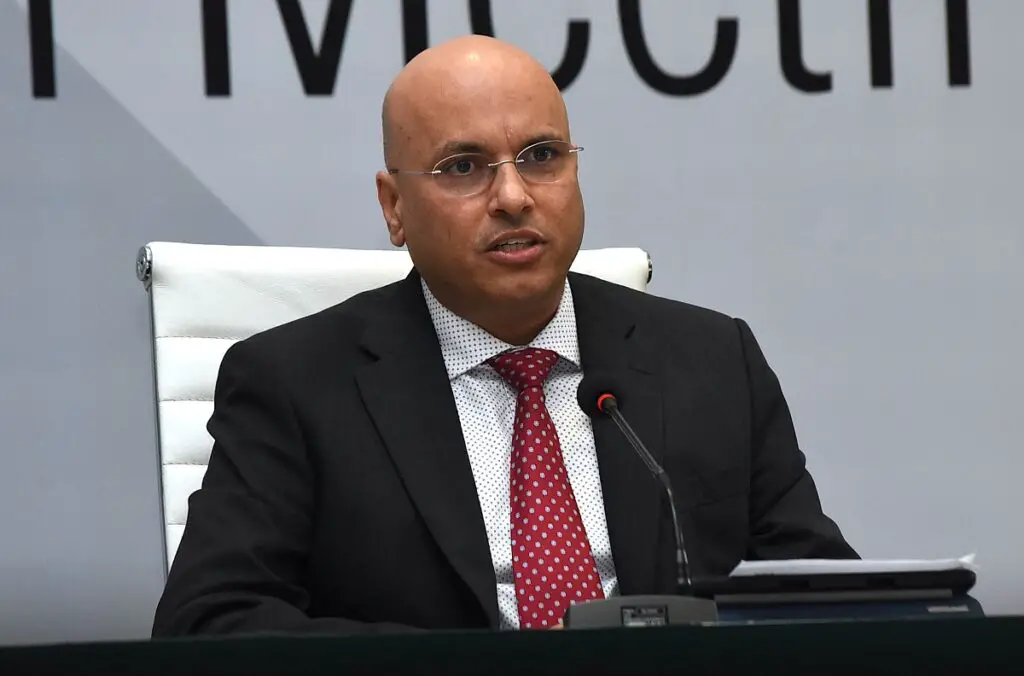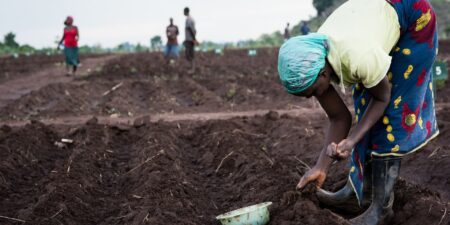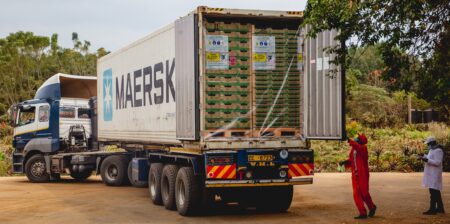- Bamburi Cement PLC Board has approved the sale of its stake in Hima Cement Limited, Uganda, subject to regulatory approvals amidst declining profits.
- Divesting its operations in the Ugandan market will lead to the firm focusing its efforts on the Kenyan market.
- Sarrai Group Limited and Rwimi Holdings Limited will acquire 100 per cent of the issued share capital of Hima Cement Limited from Himcem Holdings Limited and Cementia Holding AG at a value of $120 million.
Bamburi Cement PLC has announced plans to sell its Ugandan business to Sarrai Group, pending regulatory approvals. The Board of Directors of the cement maker has approved the sale of its stake in Hima Cement Limited, Uganda, amid declining profits.
In a statement to newsrooms, Bamburi Cement stated that divesting its operations in the Ugandan market would allow the firm to focus its efforts on the Kenyan market. This decision follows Holcim Group’s choice to divest from the Ugandan company as part of its 2025 strategy. Holcim has agreed to sell Ugandan business to the Sarrai Group for an enterprise value of $120 million. Bamburi Cement emphasized that Holcim Group’s “Strategy 2025 – Accelerating Green Growth” focuses on consolidating leadership in core markets as it strives to be the global leader in innovative and sustainable building solutions.
Bamburi Cement hit by inflation
Bamburi Cement currently owns 70 per cent of Hima Cement Limited, while Cementia Holdings AG, a member of the Holcim Group, owns the remaining 30 per cent. The statement expressed Holcim and its affiliates’ satisfaction in finding a strategic and trusted partner in Sarrai for the Ugandan business. They believe this deal will ensure a prosperous and profitable future for Hima Cement Limited.
Sarrai Group Limited and Rwimi Holdings Limited will acquire 100 per cent of the issued share capital of Hima Cement Limited from Himcem Holdings Limited and Cementia Holding AG at a value of $120 million. Importantly, this transaction will not impact the operations of Bamburi Cement PLC in Kenya.
In 2022, Bamburi Cement’s net profit dropped by 86 per cent, from $9 million to $1.1 million, attributed to a slowdown in economic growth, heightened inflationary pressures, and a prolonged regional drought. The Board Chairman, Paul Simba, mentioned that soaring inflation impacted building materials costs, adversely affecting cement demand. Global supply chain disruptions, particularly in Eastern Europe, significantly increased sea freight and the cost of raw materials.
Despite these challenges, the Group turnover for the year was $256 million, mainly impacted by the slowdown in cement demand. Simba expressed awareness of the current challenging operating environment but reiterated their steadfast efforts to drive positive performance in 2023.
According to the IMARC Group, the East African cement market size reached $2.6 billion in 2023 and is expected to reach $2.9 billion by 2032, exhibiting a growth rate of 1.33 per cent. The group attributes this projected growth to increasing infrastructure development, major housing projects, and a rising number of people moving from rural areas to cities due to rapid urbanization.
Read also: Bamburi Cement, AMG Realtors to build homes for Kenyans in Diaspora
Demand for additional infrastructure
The report also highlights that East Africa has one of the fastest-growing populations globally, leading to a demand for additional infrastructure, including housing, schools, hospitals, and other public facilities. Cement is vital in these construction projects, driving increased regional demand. As the region strives to industrialize and diversify its economy, the expansion of the manufacturing sector is escalating the demand for cement.
Bamburi Cement PLC, a Lafarge company and a member of the Holcim Group, has been the leading cement manufacturing and marketing company in the Eastern Africa region for 68 years. Its subsidiaries include Hima Cement Ltd (Uganda), Bamburi Special Products Ltd, Lafarge Eco Systems Ltd, and Diani Estates Ltd.
As a global leader in innovative and sustainable building solutions, Holcim is driving progress for people and the planet. With sustainability at the core of its strategy, Holcim aims to become a net-zero company, placing its people and communities at the heart of its success.
The company is pioneering circular construction as a world leader in recycling, aiming to build more with less. Holcim is the force behind some of the world’s most trusted brands in the building sector, including ACC, Aggregate Industries, Ambuja Cement, Disensa, Geocycle, Holcim, Lafarge, and Malarkey Roofing Products.











